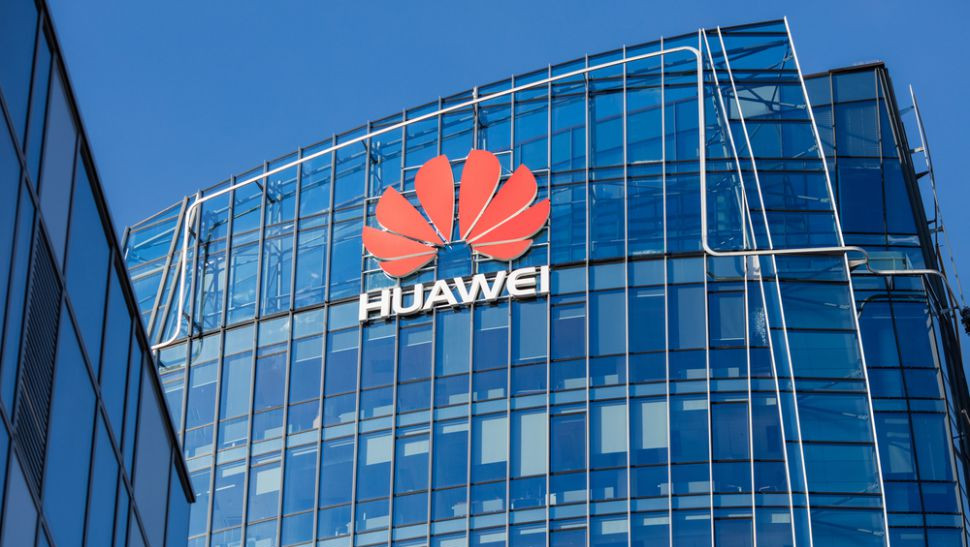Pure coincidence, surely not? Huawei launches its fastest AI chip ever as US bans export of popular China-only Nvidia H20
Nvidia is taking a $5.5 billion hit from new US restrictions on China

- US bans Nvidia's H20 just as Huawei reveals its next-gen Ascend 920 AI chip
- Ascend 920 may fill China’s AI chip gap post restrictions
- Nvidia faces $5.5 billion hit as Huawei seizes opportunity
On April 9, 2025, the United States announced plans to further tighten restrictions on AI chip exports to China, including Nvidia's H20 processor, a reduced-performance chip which the company created to comply with earlier US export regulations while continuing sales in China.
Huawei, which has been positioning itself as China’s answer to Nvidia for some time, was likely waiting for the announcement because just one day later, at a partner conference, it revealed the Ascend 920, its next-generation AI chip.
Set to enter mass production in the second half of 2025, according to DigiTimes Asia, the chip is expected to be built on SMIC’s 6nm process and offer up to 900 TFLOPs of BF16 compute and 4000GB/s of memory bandwidth, supported by HBM3 memory modules. It will also support PCIe 5.0 and next-generation interconnect protocols to aid large-model training.
An effective alternative
With the Nvidia H20 now restricted in China, industry analysts believe Huawei’s new chip could bridge the gap.
Although real-world benchmarks are not yet available, the Ascend 920’s specifications suggest it could be an effective alternative to Nvidia's H20 and may be welcomed by Chinese companies like Tencent and ByteDance, which will now require substitutes for the restricted chip.
While the current Ascend 910C is estimated to deliver about 60% of the Nvidia H100’s inference performance, the Ascend 920 reportedly improves training efficiency by 30% to 40% and is tailored for Transformer and Mixture of Experts models.
Nvidia had been making strong sales in China through the H20, with sales reportedly growing 50% quarter over quarter before the ban. The new license requirement from the U.S. Department of Commerce effectively halts those sales, and Nvidia is expected to write off $5.5 billion in lost business as a result.
Are you a pro? Subscribe to our newsletter
Sign up to the TechRadar Pro newsletter to get all the top news, opinion, features and guidance your business needs to succeed!
Huawei also announced its AI CloudMatrix 384 Supernode solution at the same event.
This rack-scale platform, described as a 'Nuclear-level product', reportedly exceeds the performance of Nvidia’s GB200 but consumes more power, something that is not seen as a major concern in China compared to the West.
You might also like

Wayne Williams is a freelancer writing news for TechRadar Pro. He has been writing about computers, technology, and the web for 30 years. In that time he wrote for most of the UK’s PC magazines, and launched, edited and published a number of them too.
You must confirm your public display name before commenting
Please logout and then login again, you will then be prompted to enter your display name.